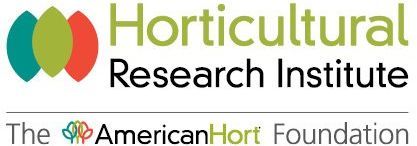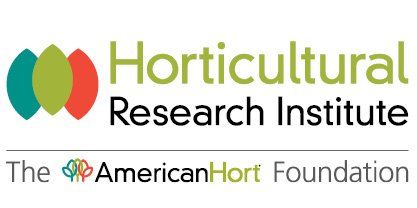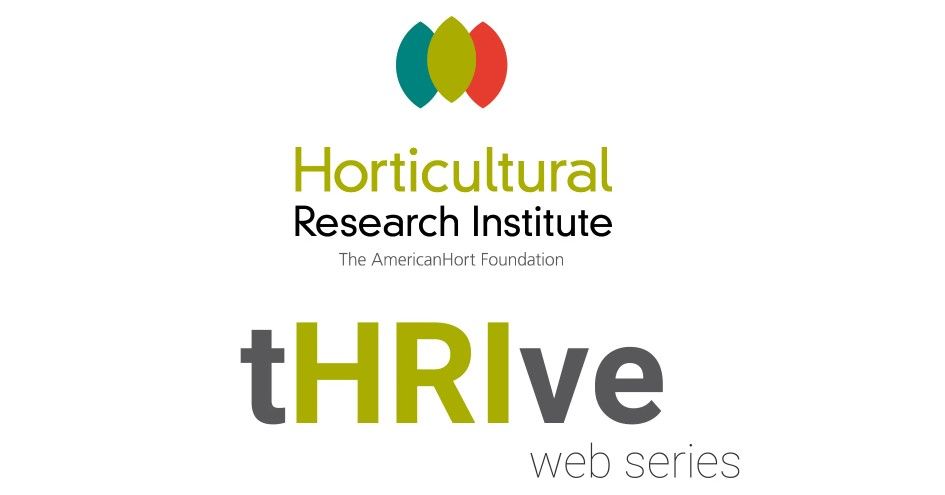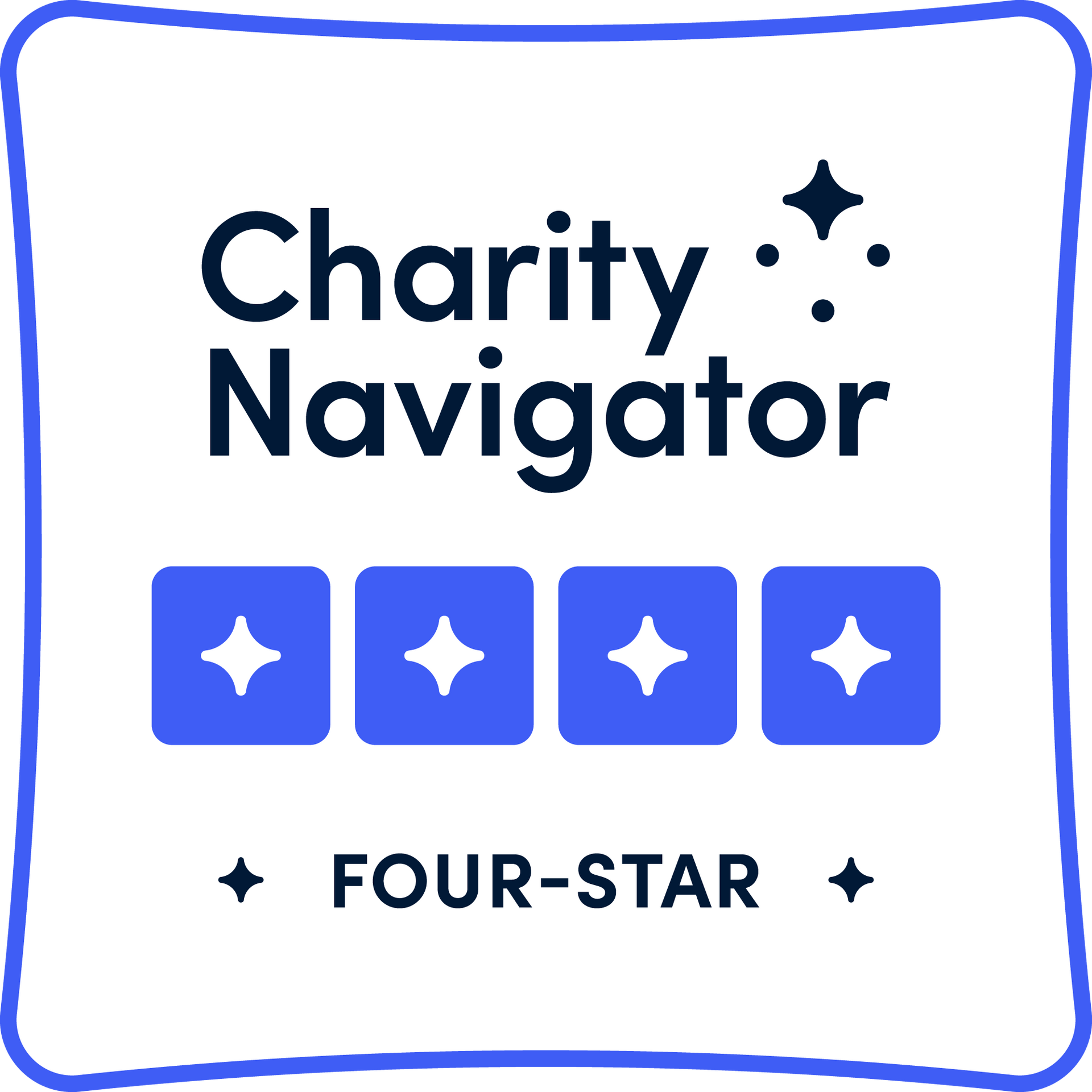Preventing Clogging of Irrigation Emitters Caused by Algae in Greenhouses & Nurseries
Preventing Clogging of Irrigation Emitters Caused by Algae in Greenhouses & Nurseries
Clogging of irrigation systems is a persistent and expensive problem in greenhouses and nurseries because it causes uneven irrigation and consequently crop loss. In this project, we aim to identify algae that accumulates in irrigation systems—causing clogging— and then evaluate chemical and non-chemical alternatives to prevent or reduce algae accumulation on irrigation systems. We expect that growers who are able to reduce clogging of the irrigation systems will directly benefit through savings in labor associated with inspecting, cleaning, and replacing clogged emitters. In this first stage of our project, we conducted preliminary sampling and then validated a series of protocols that will help us study algae in irrigation systems. We have recruited six operations that will allow us to continually sample.
OBJECTIVE
The objectives of this project are to:
- Identify the water quality parameters that affect the incidence and severity of clogging of irrigation emitters caused by algae.
- Evaluate treatment options to prevent clogging caused by algae.
- Disseminate the results of our experiments to the greenhouse and nursery industry.
Research Methodology And Significance:
On this first stage of the project, we have conducted the following activities:
- We recruited a graduate student and a technician to work on this project.
- We did a preliminary sampling of water and surfaces from a greenhouse in Massachusetts and a nursery in Connecticut. These samples were used to develop and fine-tune protocols to collect, quantify and culture algae from environmental samples. The student learned how to identify and isolate algae from the samples obtained in the operations. The student is currently learning culturing techniques to produce inoculum and quantify. We have tested the culture and molecular techniques to identify algae.
- We recruited six CT operations (three greenhouses and three nurseries) who agreed to allow us to sample in their operations multiple times in the coming spring and summer.
SIGNIFICANCE
While our project has made timely progress in the first six months, we still have not generated new or conclusive information that can be disseminated to growers.
OUTCOMES AND ECONOMIC RETURN ON INVESTMENT
Not applicable at this stage of the project.
JOURNALS AND TRADE PRESS
None yet.
PRESENTATIONS
In the following presentations, we included a slide that mentioned the direction of this project, HRI sponsorship, and the need to get grower participants.
- Raudales RE. ”Nutrient and Water Management in Propagation” Plug & Cutting Conference. Charlotte, NC. 6 Sept 2019
- Raudales RE. ”Water Quality for Healthy Crops and Clean Irrigation Lines” Plug & Cutting Conference. Charlotte, NC. 5 Sept 2019
- Raudales RE. ”Selecting Water Treatments for Control of Plant Pathogens in Irrigation” Plug & Cutting Conference. Charlotte, NC. 5 Sept 2019
- Raudales RE. ”Root Diseases: Identification & Control” Plug & Cutting Conference. Charlotte, NC. 5 Sept 2019
- Raudales RE. ”Testing and Interpreting Water Quality” Water and Nutrient Management for Container Production. New Haven, CT. 11 July 2019
IMPLICATIONS FOR ADDITIONAL RESEARCH
The industry still needs to know what are the environmental conditions (biological or irrigation systems design) that they can manipulate to prevent algae accumulation on irrigation systems and other surfaces.
RESEARCH WEBSITE/BLOG
Share This Post





